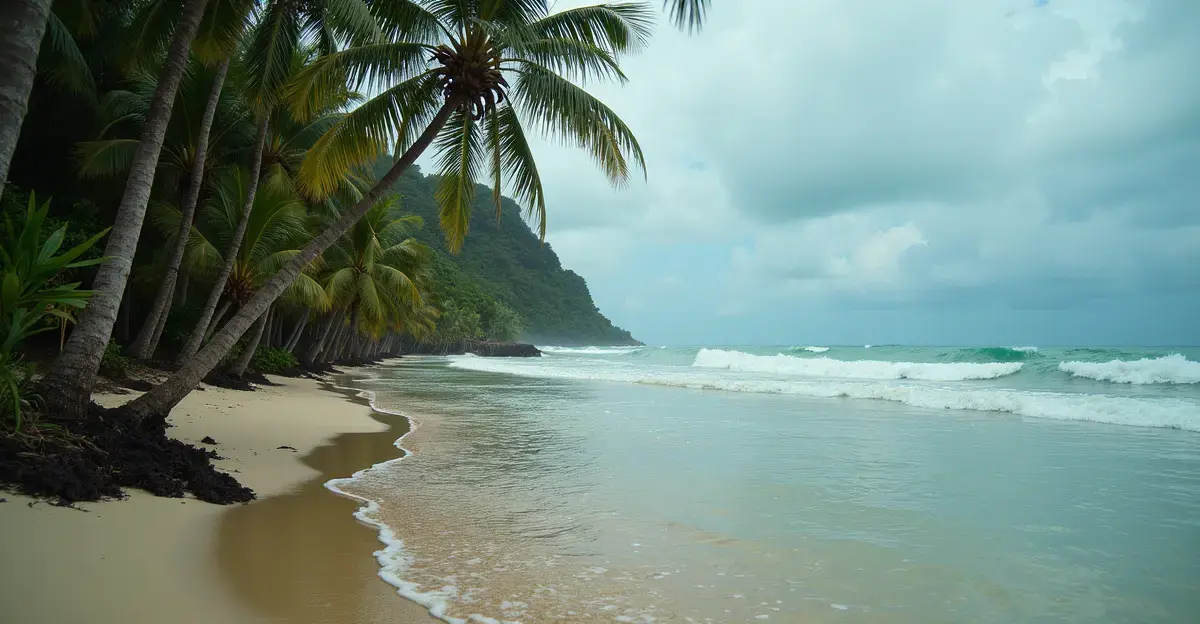Rising Sea Levels Threaten Pacific Island Nations
The latest UN climate assessment has raised alarms about the escalating threat of rising sea levels to Pacific Island nations. The report highlights the urgent need for global action to mitigate the impacts of climate change, which disproportionately affect these vulnerable regions.
Key Findings from the UN Report
The assessment reveals that sea levels have risen by an average of 15–25 cm (6–10 in) between 1901 and 2018, with the rate accelerating to 4.62 mm (0.182 in) per year since the 1970s. This trend is projected to continue, with potential rises of up to 1.9 meters (6.2 ft) by 2100 under high-emission scenarios. The consequences include increased flooding, higher storm surges, and the loss of coastal ecosystems.
Impacts on Pacific Island Nations
Pacific Island nations, such as the Marshall Islands, Tuvalu, and Kiribati, are particularly at risk. These low-lying countries face existential threats, with some projections suggesting they could become uninhabitable within decades. The UN report emphasizes the need for adaptation strategies, including managed retreat, coastal protection, and ecosystem restoration.
Global Response and Adaptation
The report calls for immediate and coordinated global efforts to reduce greenhouse gas emissions and support vulnerable nations. Initiatives like the Green Climate Fund are working to enhance climate resilience in the Pacific, but more funding and political will are required to address the scale of the crisis.

 Nederlands
Nederlands
 English
English
 Deutsch
Deutsch
 Français
Français
 Español
Español
 Português
Português








